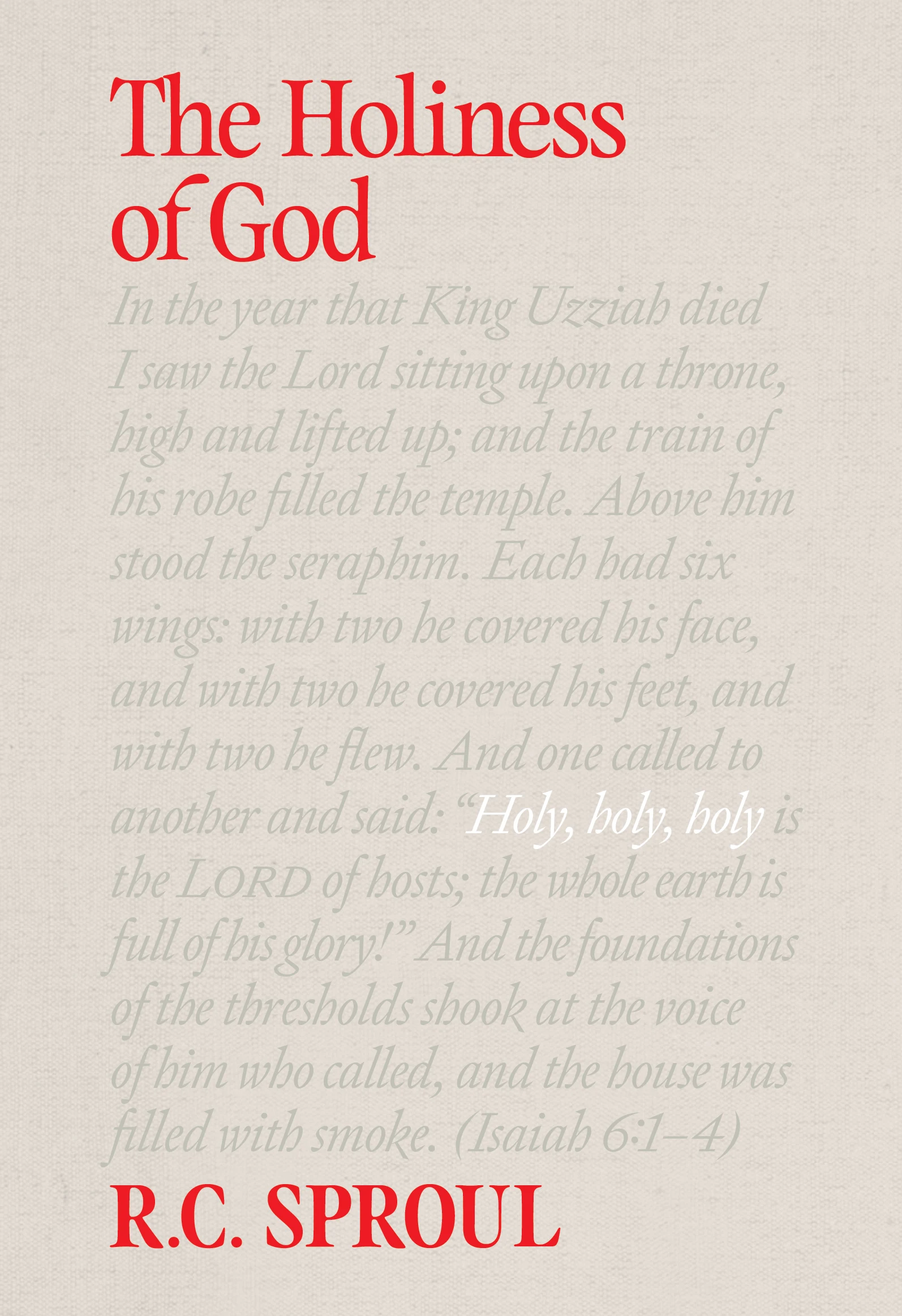War and Peace with a Holy God

I remember the sultry summer day in 1945 when I was busy playing stickball in the streets of Chicago. At that time my world consisted of the piece of real estate that extended from one manhole cover to the next. All that was important to me was that my turn at bat had finally come. I was most annoyed when the first pitch was interrupted by an outbreak of chaos and noise all around me. People started running out of apartment doors, screaming and beating dishpans with wooden spoons. I thought for a moment it might be the end of the world. It was certainly the end of my stickball game. In the riotous confusion I saw my mother rushing toward me with tears streaming down her face. She scooped me up in her arms and squeezed me, sobbing over and over again, “It’s over. It’s over. It’s over!”
It was VJ Day, 1945. I wasn’t sure what it all meant, but one thing was clear. It meant that the war had ended and that my father was coming home. No more airmail to faraway countries. No more listening to the daily news reports about battle casualties. No more silk banners adorned with stars hanging in the window. No more crushing of tin soup cans. No more ration coupons. The war was over, and peace had come to us at last.
That moment of jubilation left a lasting impression on my childhood brain. I learned that peace is an important thing, a cause for unbridled celebration when it was established and for bitter remorse when it was lost. The impression I got that day in the streets of Chicago was that peace had arrived forever. I had no idea how fragile it was. It seemed like a very short time before news reporters like Gabriel Heater were giving ominous warnings about troop buildups in China, the nuclear threat of Russia, and the blockade of Berlin. The peace of America was short lived, yielding once more to warfare in Korea and then again in Vietnam.
We long for a lasting peace that we can depend on.
Fragile. Unstable. Tenuous. These are the normal conditions of earthly peace. Peace treaties, like rules, seem to be made to be broken. A million Neville Chamberlains leaning over balconies with hands outstretched, declaring, “We have achieved peace for our time” would not ensure that human history is ever anything but one continuous Munich.
We soon learn not to trust too heavily in peace. War intrudes too quickly, too easily. Yet we long for a lasting peace that we can depend on. This is precisely the kind of peace the Apostle Paul declared in his Epistle to the Romans.
When our holy war with God ceases; when we, like Luther, walk through the doors of paradise, when we are justified by faith, the war ends forever. With the cleansing from sin and the declaration of divine forgiveness we enter into an eternal peace treaty with God. The firstfruit of our justification is peace with God. This peace is a holy peace, a peace unblemished and transcendent. It is a peace that cannot be destroyed.
When God signs a peace treaty, it is signed for perpetuity. The war is over, forever and ever. Of course we still sin; we still rebel; we still commit acts of hostility toward God. But God is not a cobelligerent. He will not be drawn into warfare with us. We have an advocate with the Father. We have a mediator who keeps the peace. He rules over the peace because He is both the Prince of Peace and He is our peace.


